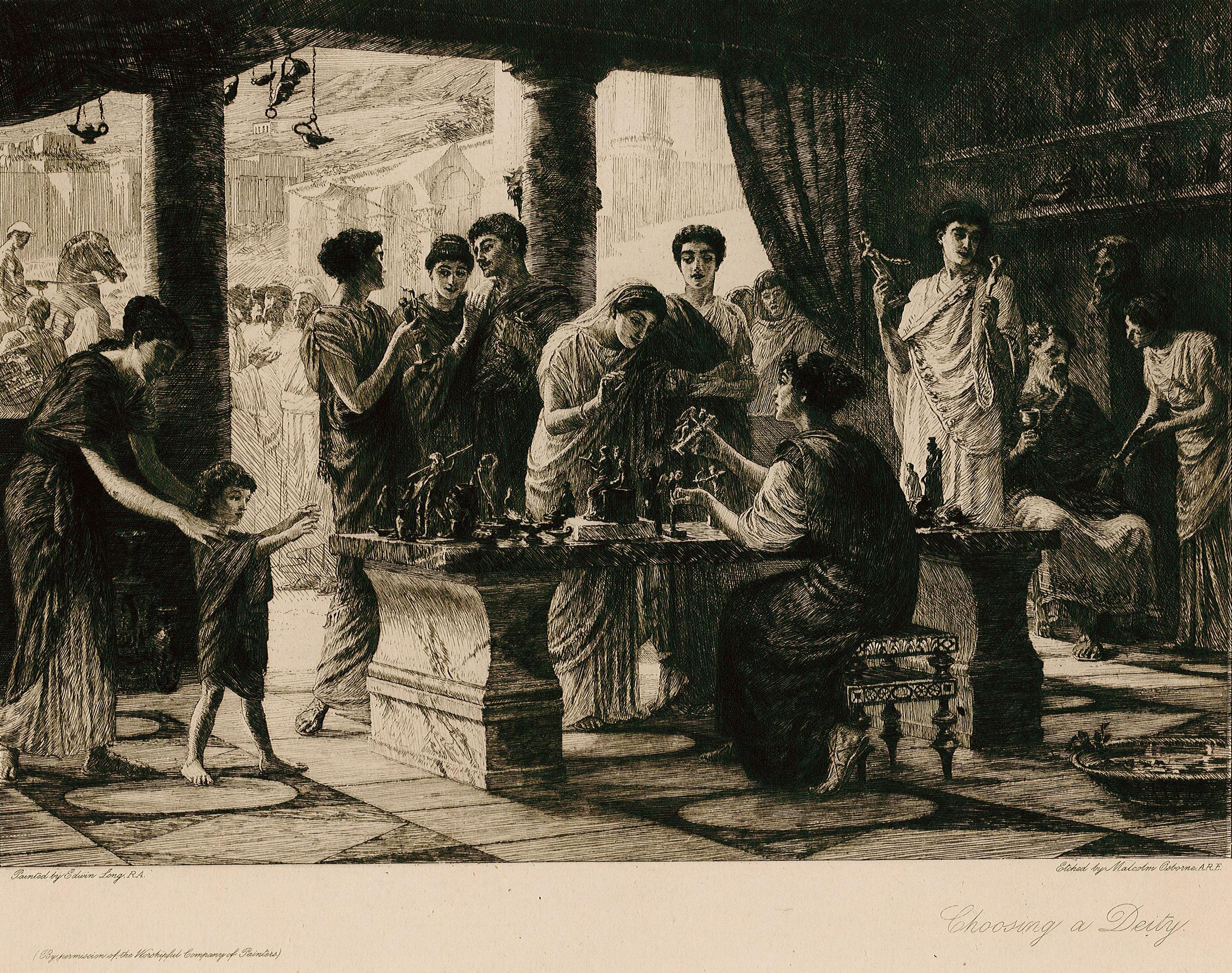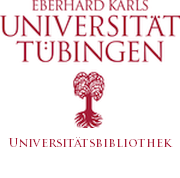The ›Safe Space‹ as a Symbol of Religionization in Interfaith Education
DOI:
https://doi.org/10.71956/cdth002-art02Abstract
This article critically examines the pedagogical concept of ›safe space‹ within interfaith education by exploring its implications through the lens of religionization. Drawing on Moyaert’s (2024) analysis of religionization since the Dialogical Turn, the paper explores how the emphasis on creating safe spaces in interfaith education may paradoxically perpetuate religious inequalities instead of dismantling them. First, it proposes that the emphasis on ›safe spaces‹ in interfaith dialogue prioritizes belief-oriented, individualized and rational approaches to religion, potentially reiterating ideas of ›good‹ and ›bad‹ religion. Secondly, the article explores alternative pedagogical approaches, inspired by insights from social justice education and critical interfaith studies. It proposes that interfaith pedagogies build ›brave spaces‹ to challenge Christian normativity and embrace the discomfort of working towards more just and inclusive societies.
Downloads
Published
Versions
- 2025-08-20 (2)
- 2025-08-20 (1)
Issue
Section
License
Copyright (c) 2025 Hanna J. Visser

This work is licensed under a Creative Commons Attribution-NonCommercial 4.0 International License.






